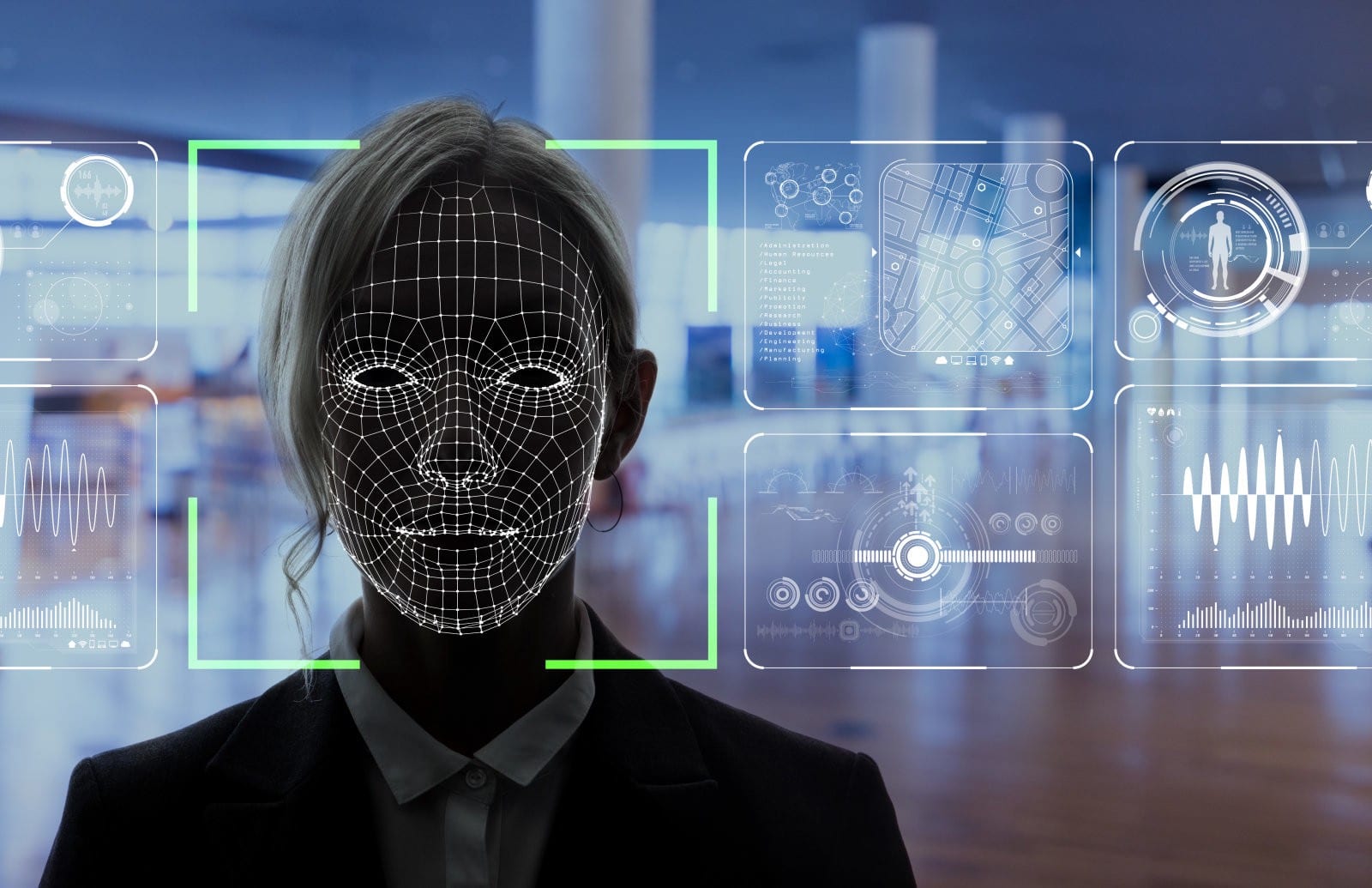News Insights: Portland face biometrics ban proposal reflects basic misunderstanding of the technology, IBIA says
Portland face biometrics ban proposal reflects basic misunderstanding of the technology, IBIA says
Draft bills under consideration by the City of Portland to prohibit biometric facial recognition from being used by public and private entities are based on a definition of the technology which is…
Portland face biometrics ban proposal reflects basic misunderstanding of the technology, IBIA says
News Insights:
Paul Bischoff, privacy advocate with Comparitech who has conducted research, provided insights:
“Portland’s proposed ban on face recognition in businesses might not hold up in court—private entities can use face recognition if they want—but it could buy time to institute more nuanced rules about how face recognition can be used. This is the reason why many privacy advocates have proposed a moratorium on face recognition rather than an outright ban. One major issue to be addressed is whether businesses need to obtain informed consent before scanning customers’ faces. That means informing customers that face recognition is in use before they pass in front of cameras, and letting them know how their image is being used, for how long it’s kept, and who it can be shared with.
Face recognition technology can easily be abused, misused, and over relied on. Our study shows a clear racial bias in Amazon’s face recognition software, and frequent false positives at the default confidence threshold. Without federal guidelines, states and cities are imposing their own rules to reign in public and private use of face recognition.
How will this public push against the tech affect its R&D in enterprise spaces? What are the pros/cons? I expect research and development into face recognition will fall off significantly. However, I’m not convinced that face recognition can improve much beyond its current capabilities in terms of accuracy. Our study demonstrates that Amazon Rekognition, a popular face recognition software, hasn’t improved its accuracy in the last two years. Accuracy depends less on the quality of software and more on the quality of images. There’s a limit to how much data can be harvested from a person’s face and used by a face recognition algorithm, and developers might be starting to see diminishing returns from R&D.”

